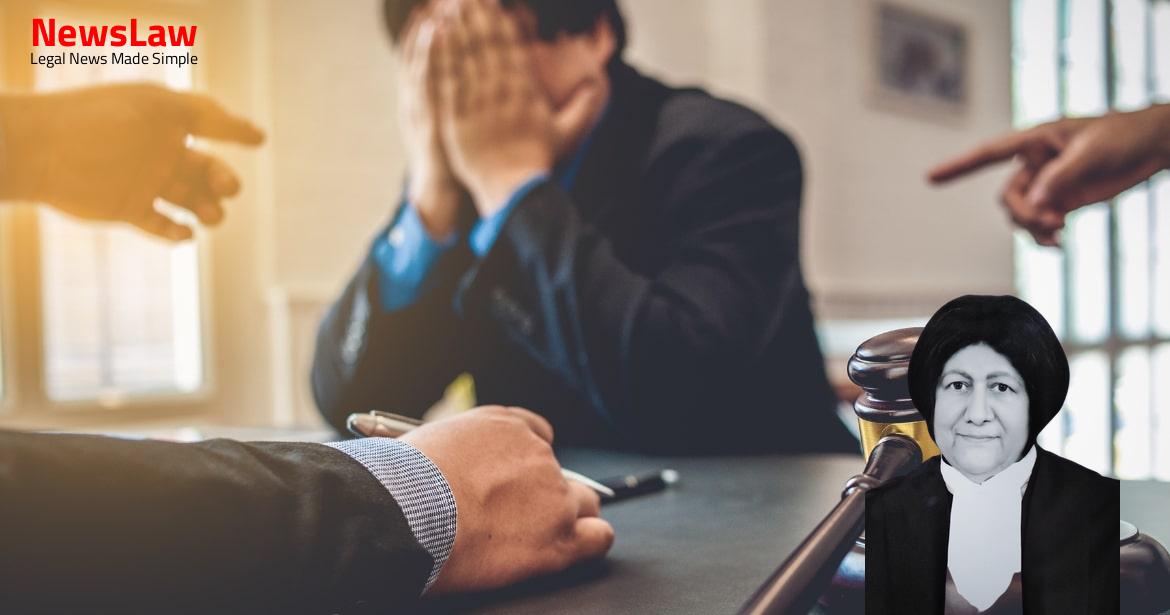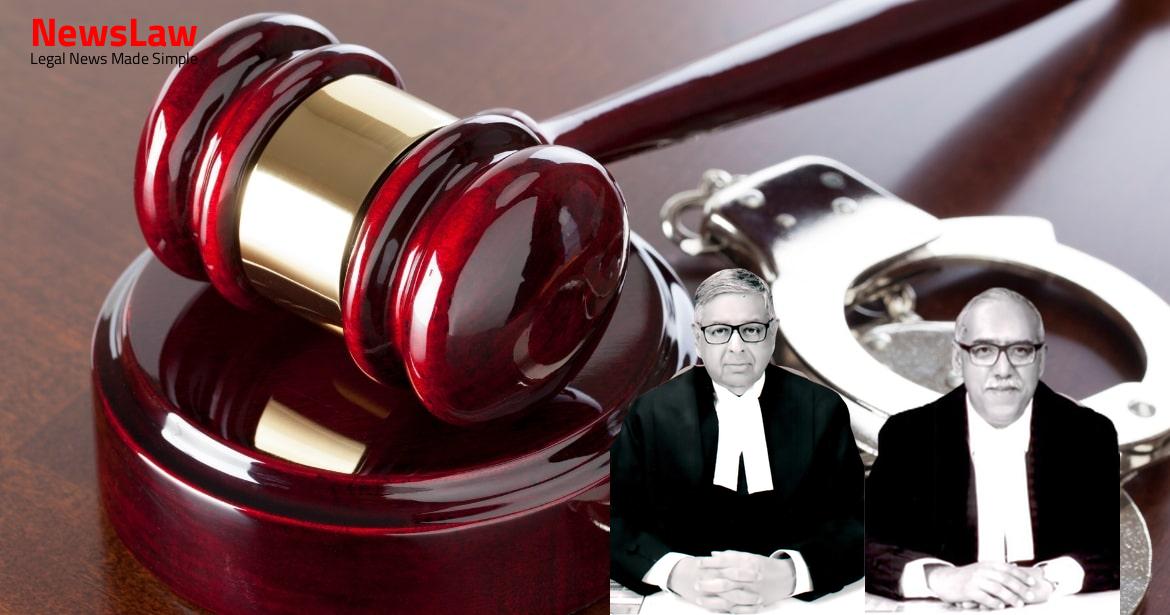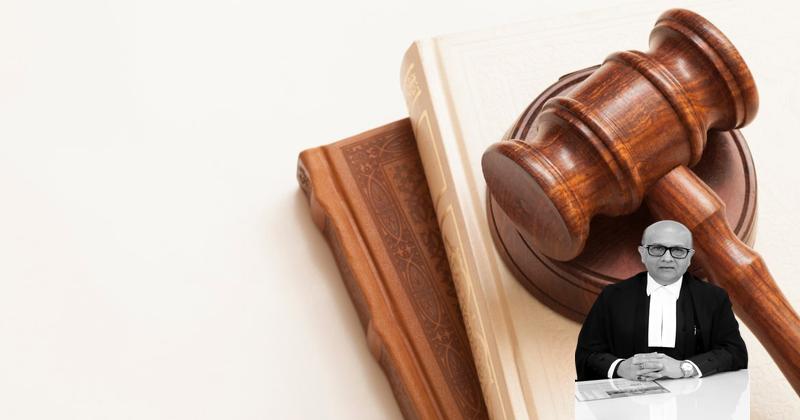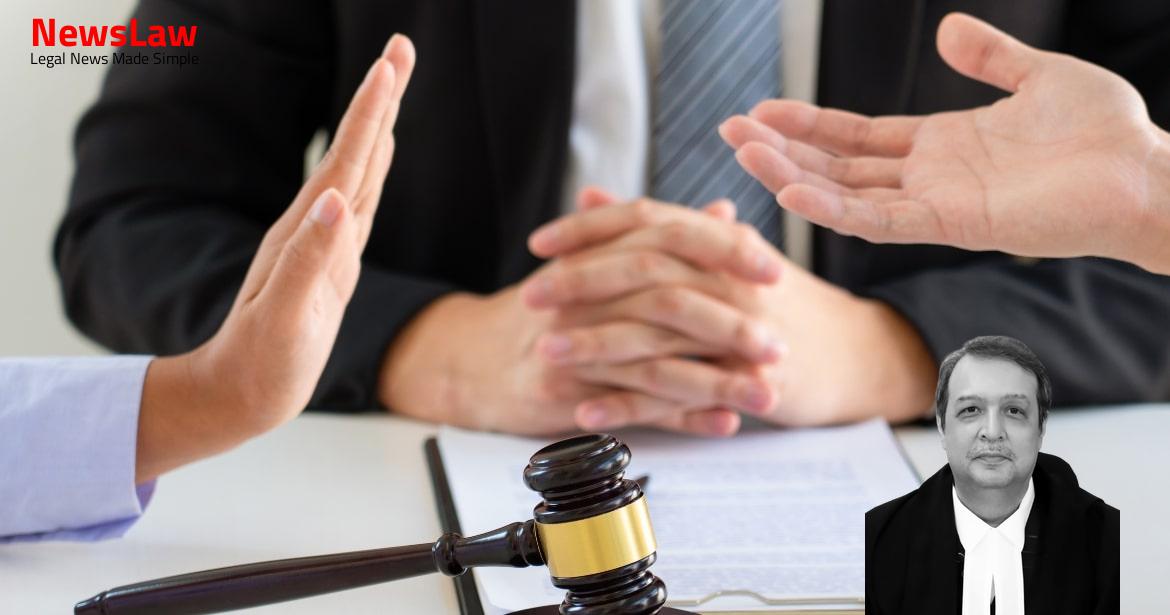A pivotal ruling by the Supreme Court of India has cemented the case of Appellants and the De Facto Complainant in legal history. This significant judgment underscores the importance of upholding justice and fairness in resolving disputes. The decision sets a benchmark for integrity and impartiality in legal proceedings, ensuring that the law serves justice. #LegalJustice #SupremeCourt #JusticeServed
Facts
- The Appellant contended that an earlier application under Section 482 of the CrPC was allowed by the High Court in July 2018.
- Appellant No.2 filed a criminal complaint against the de facto complainant and others in the Court of the First Class Judicial Magistrate.
- Appellants claim that they are falsely implicated as a counter blast to a criminal complaint filed by Appellant No.2.
- Appellants filed a petition in the High Court under Section 482 of the Cr.PC to quash proceedings based on pending civil disputes.
- The High Court dismissed the petition to quash criminal proceedings against the Appellants for offences under the IPC.
- The Appellants and the de facto complainant are close relatives involved in a partition suit.
- The complaint alleges that the Appellants caused injuries and threatened to kill the de facto complainant.
- The High Court concluded that the allegations in the complaint attracted offences punishable under specific sections.
- The complaint was not considered a counter blast as it was filed three years after the Second Appellant’s complaint.
- The timing of the filing of the instant complaint diminished the argument of it being a retaliatory measure.
- The rejection of the Appellants’ contention strengthened the credibility of the complaint.
- The High Court’s decision highlighted the significance of the timing and content of the complaints in legal proceedings.
Analysis
- In exercising jurisdiction under Section 482, the Court must not act as a trial Court but only be satisfied prima facie about the grounds for proceeding against the accused.
- The High Court should not function as an appellate or revision Court while exercising powers under Section 482 of CrPC.
- The power to quash proceedings is applicable only in cases where the complaint is frivolous, vexatious, or does not disclose any offense.
- The High Court refused to quash the criminal complaint in this case, citing that it can only exercise power under Section 482 in rare cases.
- The High Court should not analyze the reliability of evidence or sustainability of allegations under Section 482; this is the role of the trial Judge.
- If the allegations do not constitute the offense taken cognizance of by the Magistrate, the High Court can quash them under Section 482.
- The power to quash proceedings is typically used when there is insufficient material to proceed against the accused even if the allegations are accepted as true.
- If the alleged acts do not constitute offenses or if the basic ingredients of the offense are absent, the criminal proceedings may be quashed under Section 482 of CrPC.
- The decision on whether the Appellant was at Hyderabad during the incident is a question of fact to be resolved in the trial by presenting evidence.
- The High Court rightly noted that the Appellants can present evidence to demonstrate their absence at the time of the alleged offense to contest false implication.
- Plenary inherent jurisdiction of the Court under Section 482 of CrPC can be exercised to give effect to an order under the Code.
- It can also be used to prevent abuse of the process of the Court.
- The inherent jurisdiction must be exercised sparingly, carefully, and with caution.
- It should only be exercised when justified by the tests laid down in the section itself.
- The three main justifications for exercising inherent jurisdiction are: to give effect to an order under the Code, prevent abuse of the court’s process, and secure the ends of justice.
- The High Court has inherent jurisdiction under Section 482 of the Code of Criminal Procedure to prevent the abuse of the court process and secure the ends of justice.
- The High Court can quash an order passed by a Magistrate if the allegations in the complaint or charge-sheet do not constitute any offence.
- Inherent power under Section 482 is designed to prevent harassment or persecution through court proceedings.
- The High Court can quash proceedings if it concludes that allowing them to continue would be an abuse of the court process or against the interests of justice.
- Justice must be above mere law, and court proceedings should not be used as a tool for harassment.
- If uncontroverted allegations in the FIR or complaint do not disclose any offence against the accused, the High Court can intervene.
- Absurd or inherently improbable allegations that do not lead to a just conclusion can also be grounds for quashing criminal proceedings.
- A legal bar in the Code or the relevant Act can prevent the institution or continuation of criminal proceedings.
- Maliciously instituted proceedings with an ulterior motive for vengeance can also be quashed by the High Court.
- Allegations in the complaint had ingredients of offences under Sections 307, 323, 427, 447 and 506(2) read with Section 34 of the IPC.
- The statements recorded by the learned Magistrate also supported the allegations.
- The High Court found that the case did not warrant quashing of criminal proceedings based on the reasons discussed.
Also Read: CRPF Act: Validity of Rule 27 for Compulsory Retirement – Case of Head Constable vs. CRPF
Decision
- The appeal has been dismissed
- The decision has been upheld
Also Read: DAMEPL vs. DMRC: Curative Petition and Arbitral Award Restoration
Case Title: CHILAKAMARTHI VENKATESWARLU Vs. THE STATE OF ANDHRA PRADESH
Case Number: Crl.A. No.-001082-001082 / 2019



